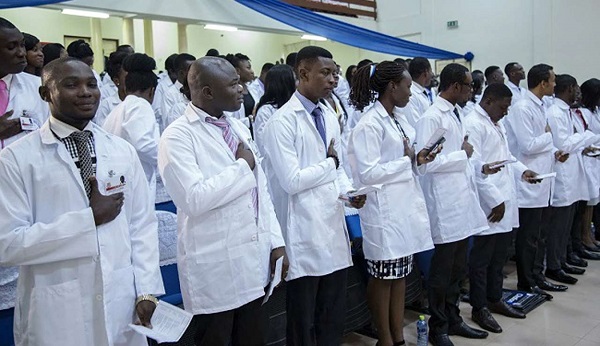
Special adviser to President Bola Ahmed Tinubu on Health, Dr. Salma Anas has revealed that the government is actively working on improving governance, accountability mechanisms, and transparency in funding allocation and expenditure within the health sector.
Anas made this announcement during a high-level panel discussion on unlocking health prosperity and Universal Health Coverage (UHC) in Nigeria, organised by Options, a leading global health organisation, to celebrate its 30th anniversary.
Anas emphasised the government’s commitment to achieving self-reliance in producing essential medical supplies and vaccines, which would require active engagement with the private sector. She also stressed the importance of integrated and comprehensive healthcare services, emphasising a seamless transition between primary, secondary, and tertiary care levels.
Meanwhile, the president of the Association for Reproductive and Family Health, Prof. Oladapo Ladipo called on the government to declare healthcare in the country as an emergency. He urged the government to prioritise health and health financing, ensuring that all Nigerians have access to health insurance.
Ladipo highlighted the significance of good health and wellness, stating that without physical vitality, mental acuity, and emotional balance, individuals cannot fully engage in and appreciate the human experience. Poor health leads to suffering, expenses, incapability, shortened longevity and reduced quality of life. Therefore, prioritising well-being should be at the top of the government’s agenda.
The regional director for West and Central Africa at Options Consultancy Services, Dr. Festaus Obi acknowledged Nigeria’s solid policy framework for healthcare but emphasised the urgent need to translate policies into effective action. He cited funding as a significant concern, particularly in states where counterpart funding for basic healthcare provision is lacking.
Dr. Onoriode Ezire from the World Bank Group raised questions about the judicious use of funds in the health sector and the functioning of private health institutions compared to public ones. He emphasised the importance of creative engagement with the private sector, including NGOs and called for government accountability.
A senior consultant in health systems and financing, Dr. Joy Uzoho stressed the need for a multi-sectoral approach to address the challenges facing Nigeria’s health sector. She emphasised the importance of accountability and advocacy in achieving UHC in the country, highlighting the role of multi-sector accountability mechanisms in tracking budgets and identifying funding gaps.
Options, a global team of experts and innovators focused on addressing pressing health challenges worldwide, organised the high-level panel discussion. With 30 years of experience in global health, Options collaborates with partners to develop and implement health strategies, provides technical expertise and works towards lasting change in health systems. The organisation works with leaders and change-makers globally to bring health strategies to fruition, leveraging its expertise to accelerate change and improve health outcomes.

